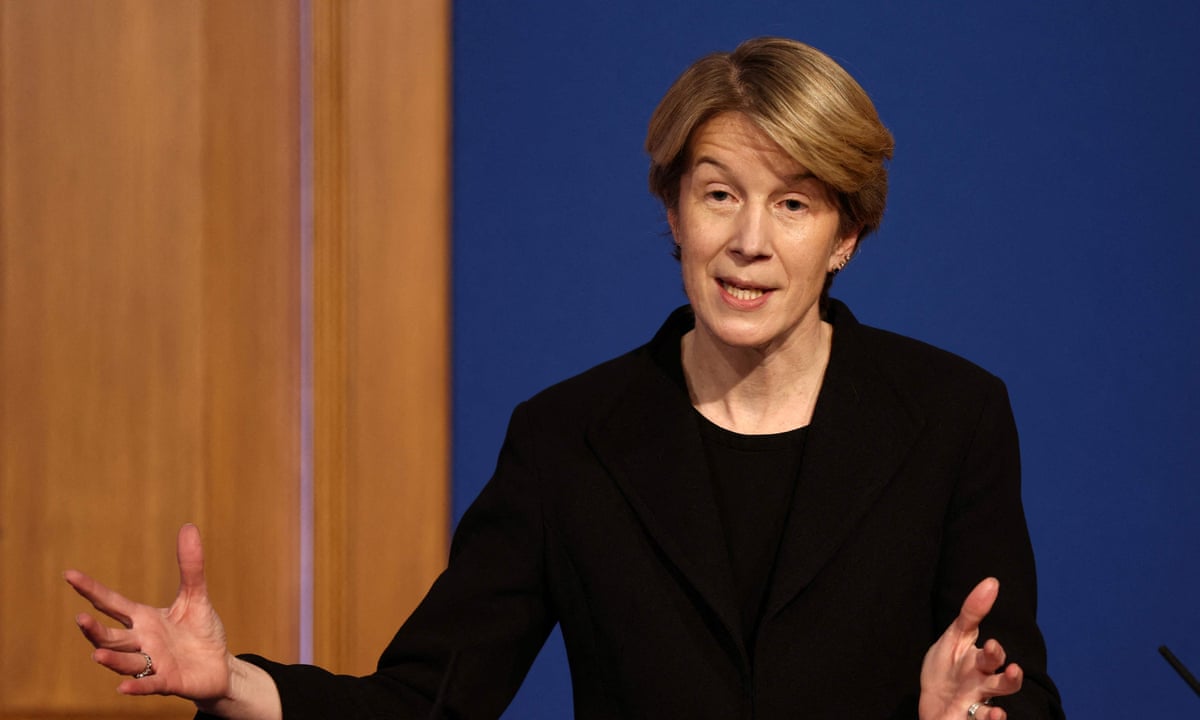Fatal Oversight: Woman's 20-Time Cancer Dismissal Triggers Major NHS Overhaul

A significant new NHS guidance, dubbed 'Jess's Rule,' has been implemented across England, mandating that GPs seek a second opinion if they are unable to diagnose a patient after three appointments. This 'three strikes and rethink' approach, effective immediately, aims to accelerate diagnoses and reduce preventable deaths, addressing concerns that patient symptoms are often overlooked until a disease becomes too advanced for effective treatment.
The policy is named in honor of Jessica Brady,an Airbus engineer from Stevenage, who tragically died of cancer at 27 in 2020. Jessica had contacted her GP surgery approximately 20 times over six months, reporting severe symptoms such as abdominal pain, coughing, vomiting, and weight loss. Despite her persistent efforts, she was offered virtual appointments, given various medications like antibiotics and steroids, and even told she suffered from long Covid, with her age cited as a reason her symptoms were unlikely to be serious. She was only diagnosed with widespread adenocarcinoma after her mother arranged a private doctor's consultation, dying just three weeks later in hospital.

Photo Credit: The Guardian
Jess's Rule formalizes a best practice where GPs must re-evaluate a patient's case if, after three appointments, a substantiated diagnosis remains elusive or symptoms have worsened. This could involve arranging face-to-face consultations if previous appointments were remote, conducting comprehensive physical examinations, ordering additional diagnostic tests, thoroughly reviewing patient records, seeking second opinions from colleagues, or considering specialist referrals. The initiative was developed in collaboration with the Chair of the Royal College of General Practitioners (RCGP) and NHS England, ensuring it becomes standard practice nationwide.
Andrea Brady, Jessica's mother, expressed her profound gratitude for the rule, highlighting Jessica's courageous determination to advocate for herself. Andrea underscored her duty to continue Jessica's fight, which has taken nearly five years to realize. She dedicated Jess's Rule to all young people who have faced delayed diagnoses, acknowledging the support from politicians, medics, and nearly half a million campaigners.
Research underscores the urgency of this rule, showing that younger patients and those from ethnic minority backgrounds frequently encounter diagnostic delays for serious conditions, as their symptoms may not align with typical presentation patterns seen in older or white patients. A report by the Nuffield Trust and the Health Foundation revealed that half of 16 to 24-year-olds required three or more healthcare interactions for a cancer diagnosis, compared to one in five across the general population.
Paul Callaghan, policy manager at Healthwatch England, welcomed Jess's Rule as a 'relief' for patients enduring the 'anxiety of worrying symptoms' without a diagnosis. He emphasized its potential to enhance patient safety through more rapid diagnoses of cancer and other illnesses, providing clarity to those experiencing ill health. Callaghan stressed the importance of swift and consistent implementation and ensuring specialist teams possess the necessary resources to manage increased referrals.
Health Secretary Wes Streeting also strongly endorsed Jess's Rule, calling Jessica Brady's death a preventable tragedy. He praised the Brady family's tireless campaigning, asserting that the new rule will help prevent similar catastrophes. Streeting highlighted that early cancer diagnosis leads to a 'butterfly effect,' saving lives and NHS resources. He noted that while government efforts are improving cancer diagnoses and GP recruitment, reform, driven by listening to patients like the Bradys, is crucial for patient safety and turning the NHS around.

Photo Credit: The Guardian
Professor Kamila Hawthorne, Chair of the RCGP, stated that no GP wishes to miss serious illness, acknowledging the diagnostic challenges in primary care where symptoms often mimic less serious conditions. She affirmed that reviewing diagnoses and considering alternative approaches is best practice when a patient's condition isn't improving, and expressed hope that Jess's Rule will keep this principle at the forefront for GPs. Dr. Claire Fuller,national medical director at NHS England, also commended the Brady family's efforts, believing the initiative will save lives by preventing missed or delayed diagnoses and ensuring timely, appropriate treatment.
You may also like...
Legacy Continues: Football Royalty's Son Nets Stunning Screamer for Barcelona Youth

Shane Kluivert, son of Dutch football legend Patrick Kluivert, scored a spectacular 'screamer' for Barcelona's Under-19s...
WNBA Star's Terrifying Health Ordeal: Mitchell Reveals Rhabdomyolysis Left Her Paralyzed

Indiana Fever All-Star guard Kelsey Mitchell revealed she suffered from Rhabdomyolysis during a WNBA semifinal game, cau...
Warner Bros' Box Office Bubble Bursts, But Industry Shrugs: What Does It Mean?

Paul Thomas Anderson's "One Battle After Another" marks a different kind of success for Warner Bros., earning critical a...
DCU's Nightmare: Are Film Franchises Repeating MCU's Fatal Flaws?

The DCU's increasing interconnectivity, particularly in <i>Peacemaker</i> Season 2, is raising concerns about potential ...
Killer Mike's Fiery Apology: Wife's Outrage After GloRilla Comparison to Ayesha Curry!

Killer Mike has publicly apologized to Steph and Ayesha Curry for comments he made reacting to a TikTok video that ridic...
Rod Stewart's Candid Confession: Penny Lancaster Shares His Top Appearance Gripe

There is absolutely no rift between Penny and I and no disagreement over where we should reside, in fact it's the opposi...
Local Outcry: Cambuslang Jobcentre Closure Sparks Political Condemnation

South Lanarkshire Council has unanimously condemned the UK Government's decision to close the Cambuslang Jobcentre, citi...
Wunmi Adelusi's Life-Defining Moment: The Event That Still Echoes

Discover the profound and lasting impact of intentional meeting attendance beyond mere networking. This article explores...




